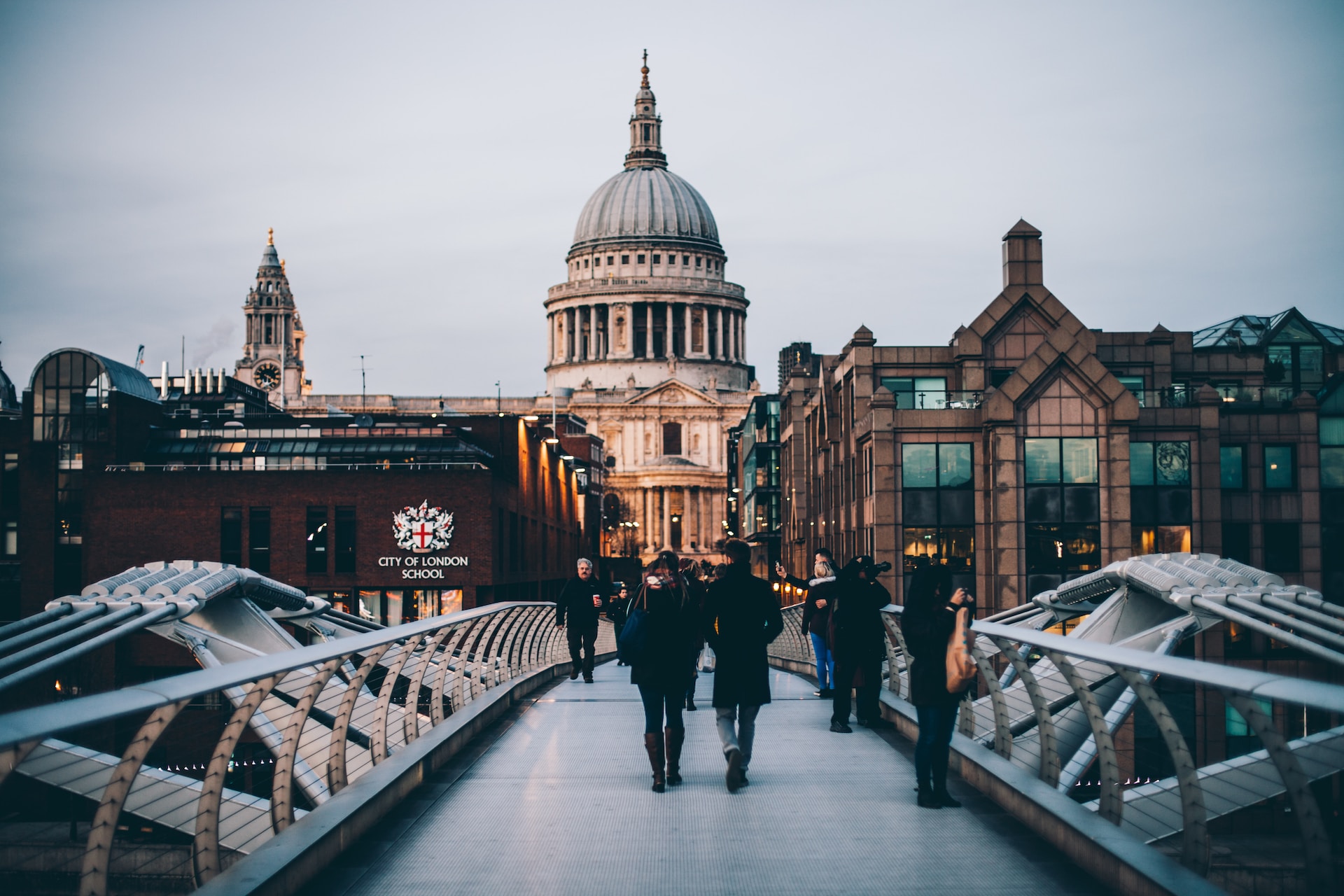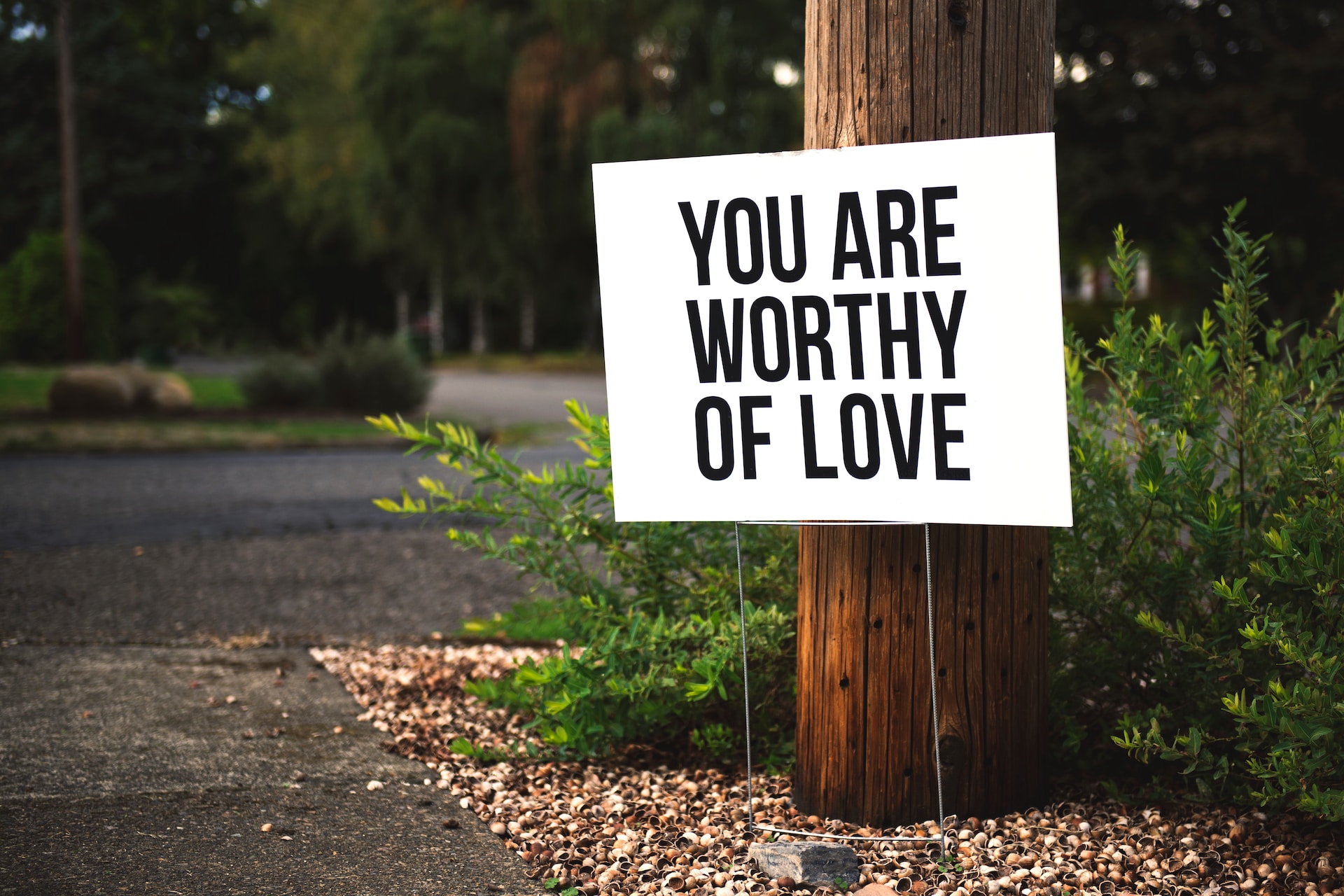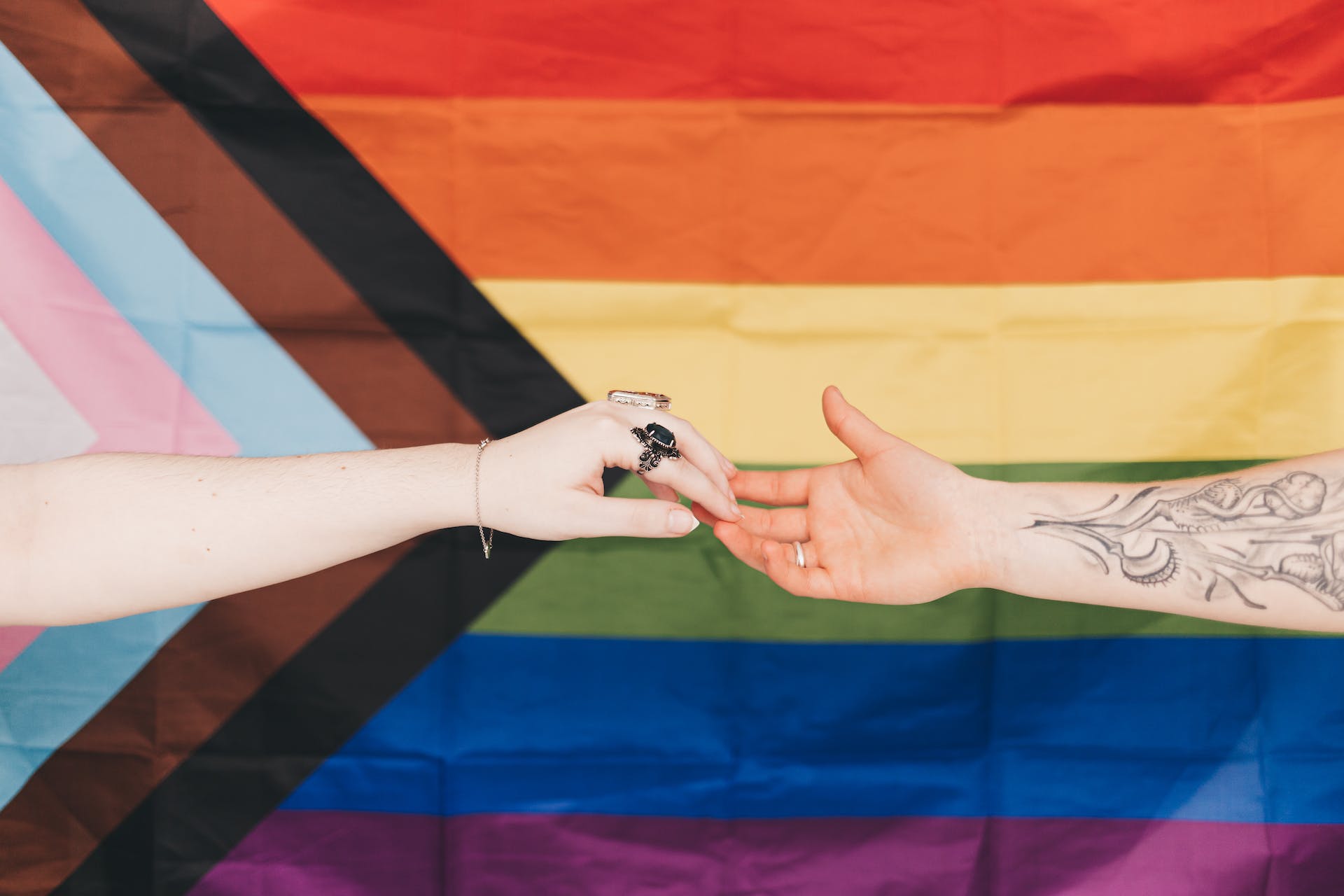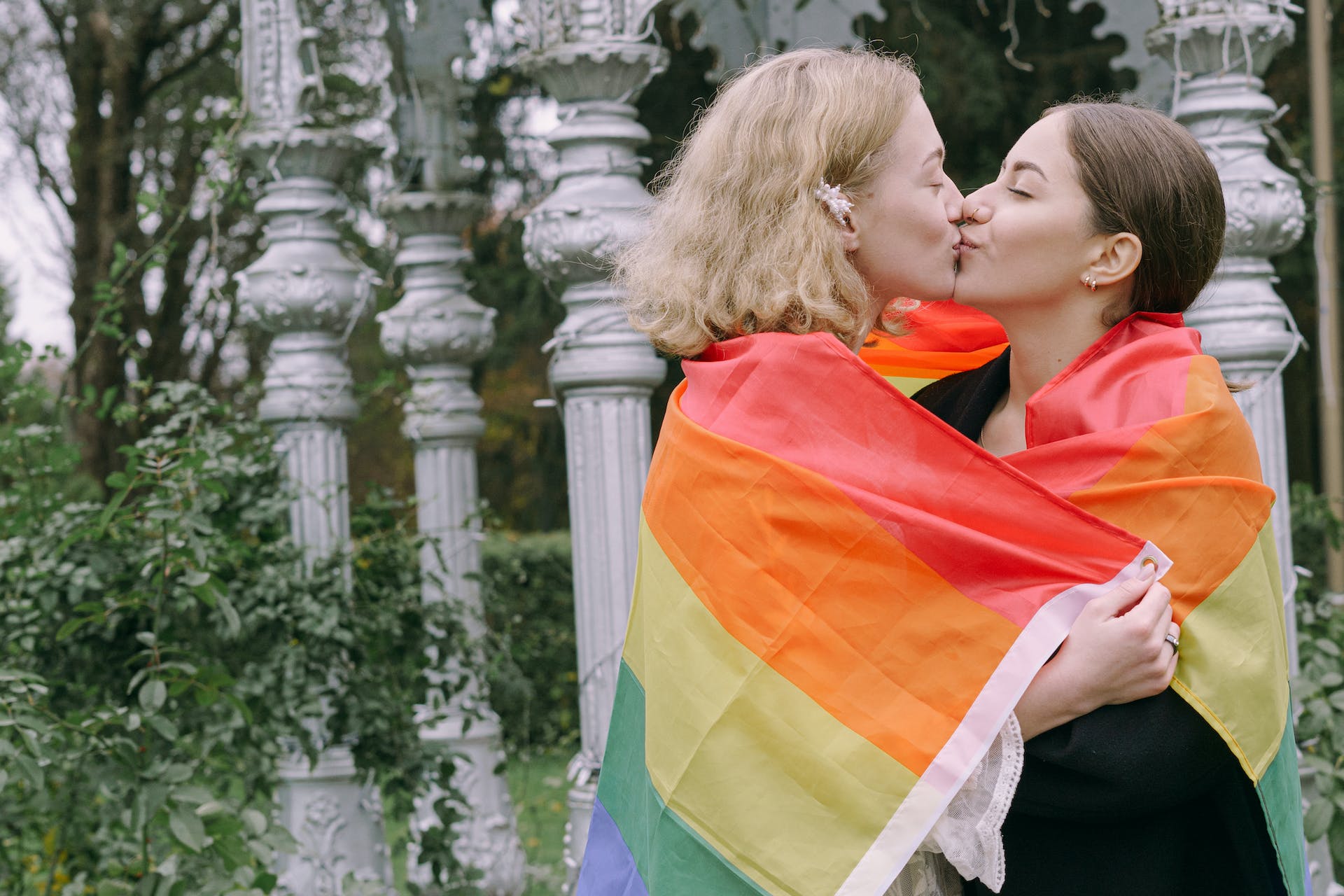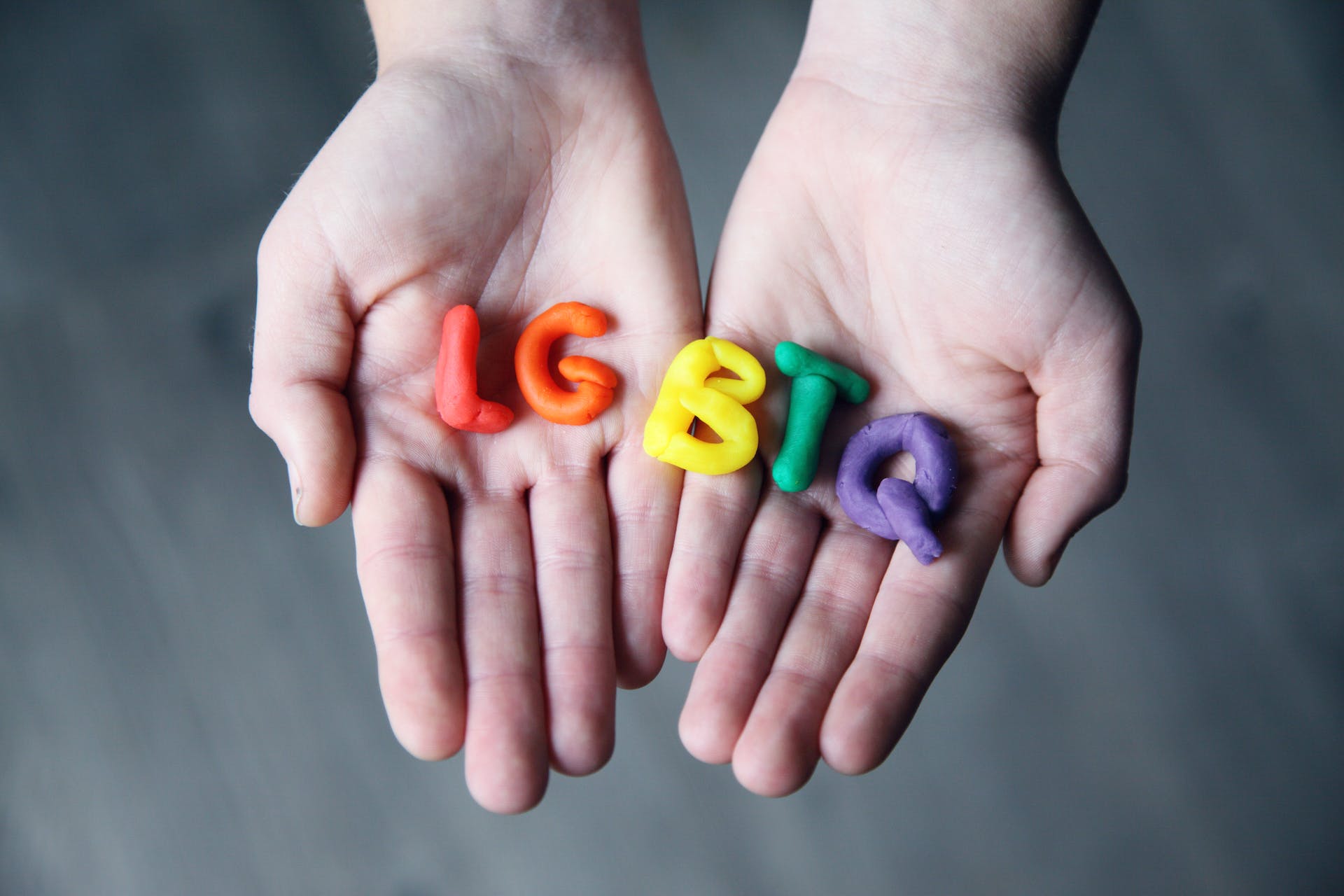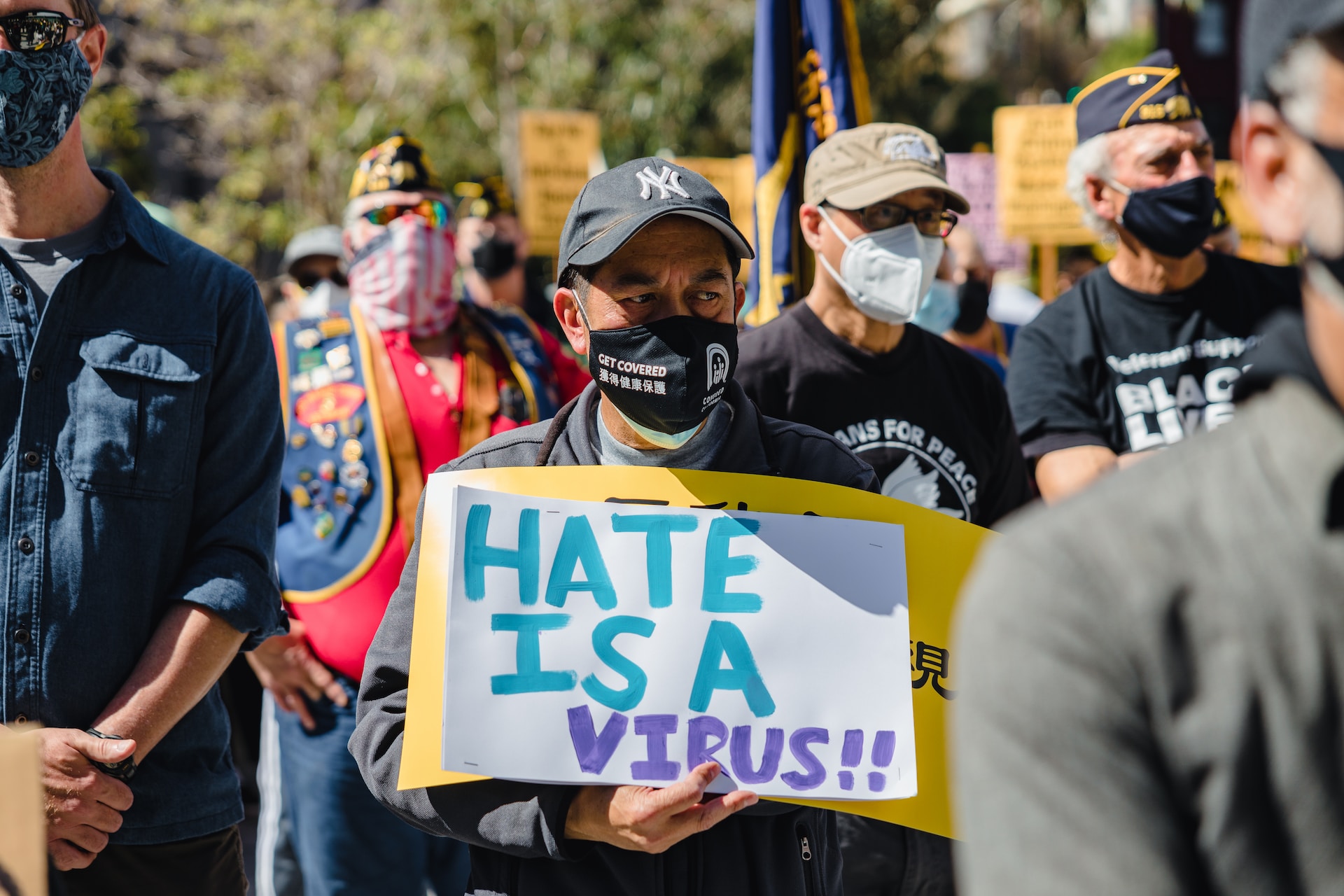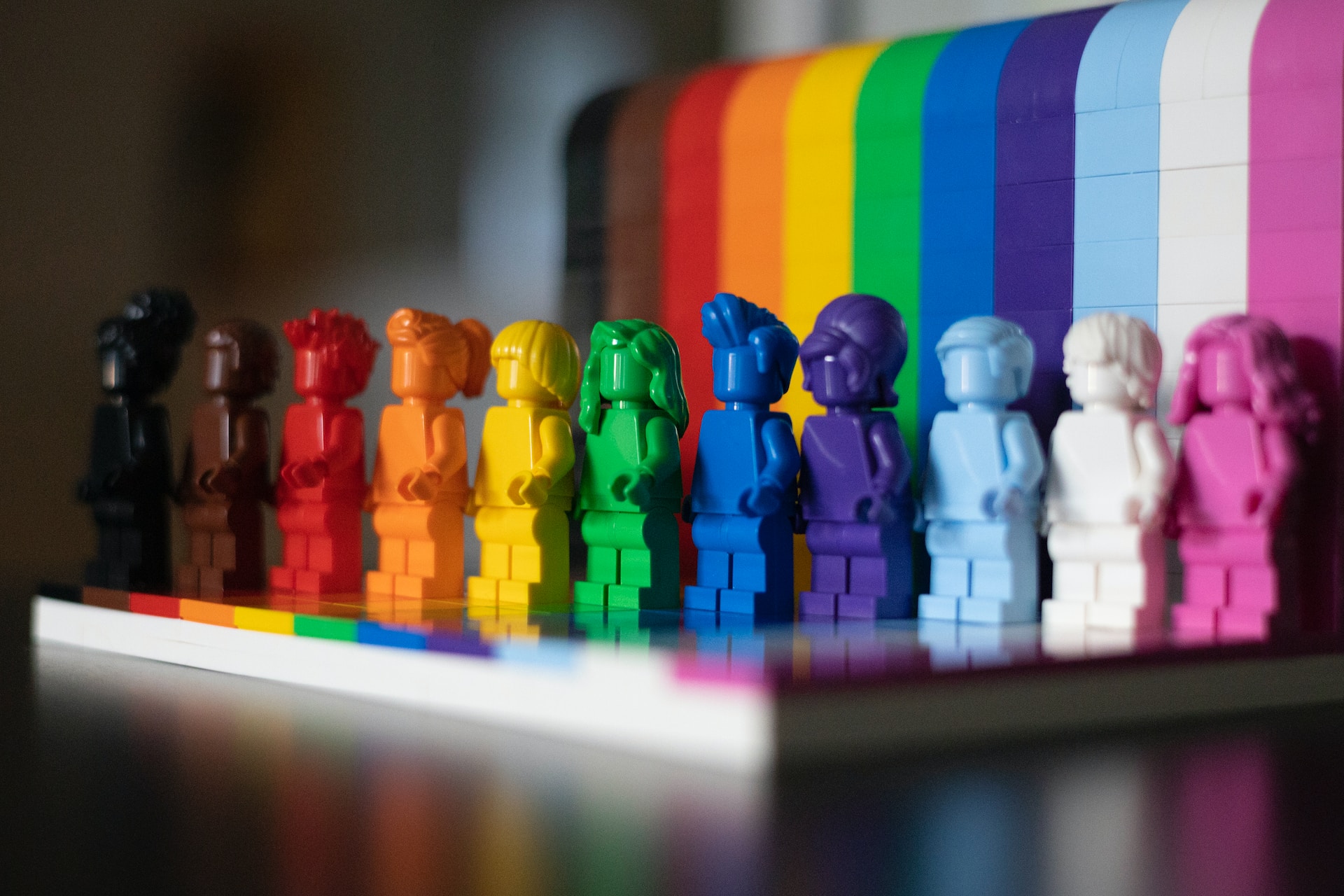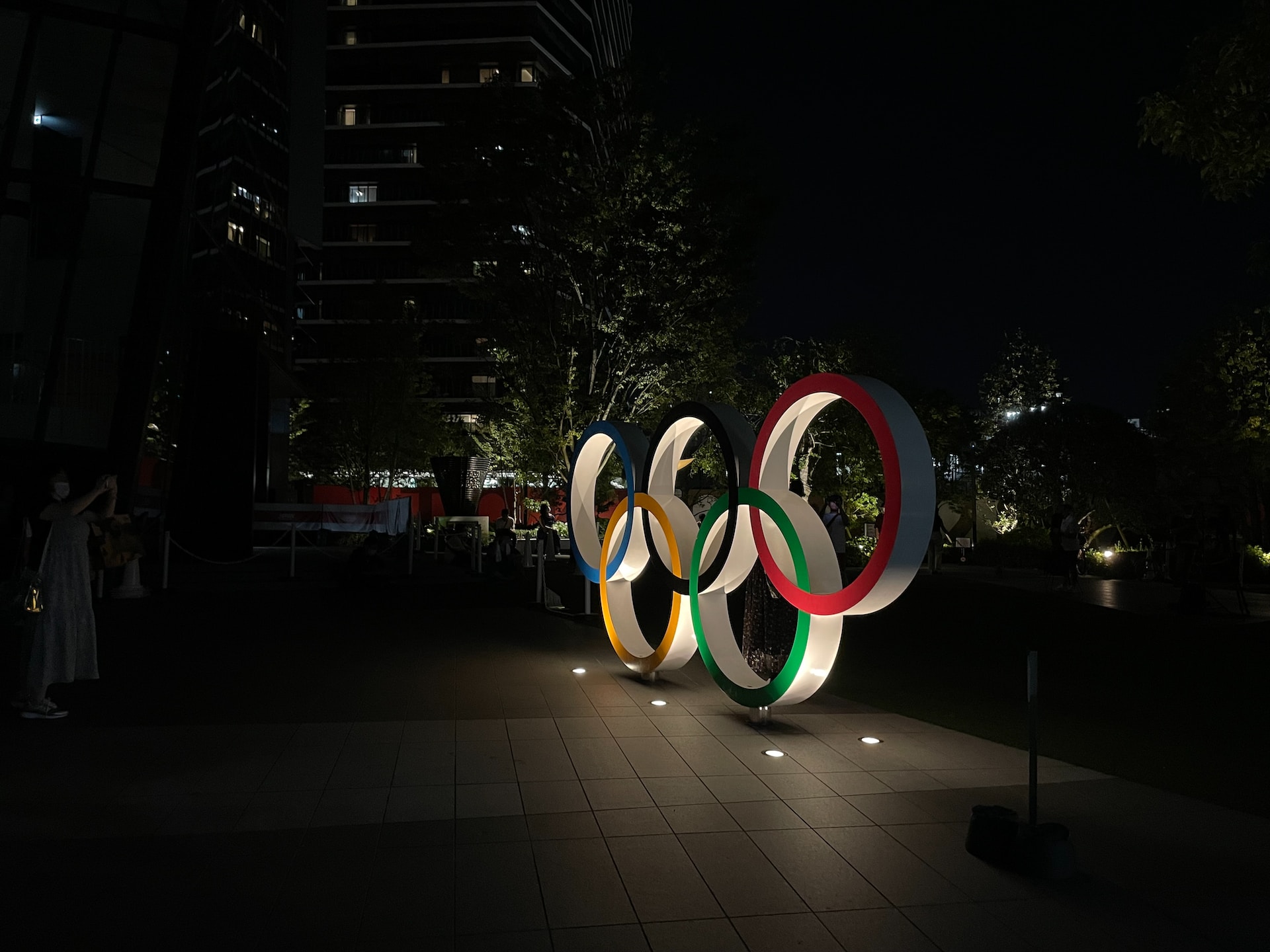The Harrowing Reality of Being Gay in Cameroon

In Cameroon, being openly gay or suspected of homosexual activities can lead to dire consequences. The country’s strict anti-LGBT laws and societal norms create an environment where violence and discrimination against LGBT individuals are not only common but often go unpunished.
Threats of “Corrective Rape”
Among the most chilling threats faced by LGBT individuals in Cameroon is “corrective rape” — a heinous act aimed at ‘changing’ a person’s sexual orientation. This inhumane practice is often used as a threat to instill fear and enforce conformity to heterosexual norms.
Legal and Social Stigma
In Cameroon, homosexual acts are illegal and can lead to imprisonment. This legal framework, combined with prevailing social attitudes, creates a culture where being identified as gay can lead to ostracism, harassment, and even violence. LGBT individuals often live in secrecy, fearing exposure and the severe repercussions that might follow.
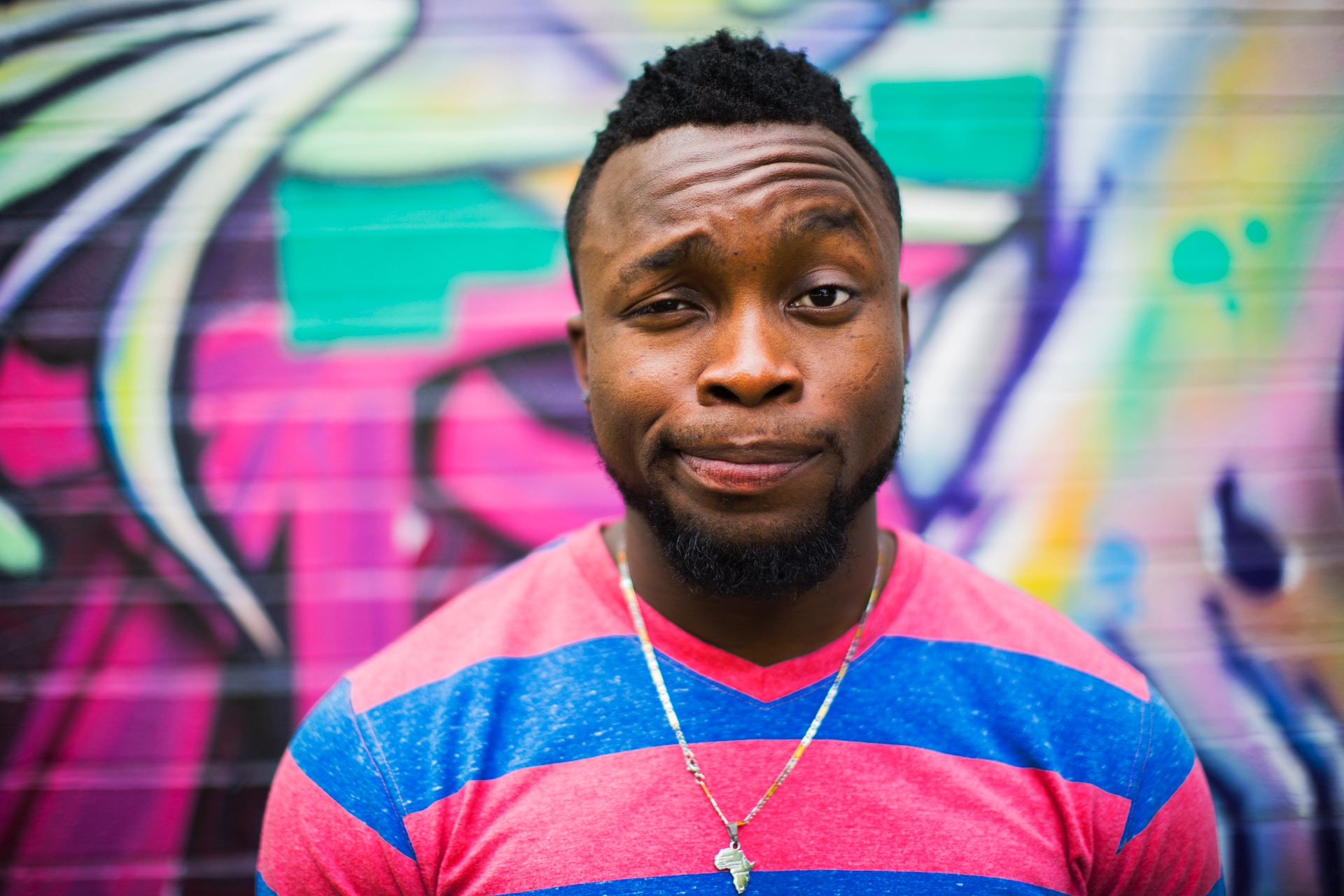
Personal Accounts of Fear and Resilience
Many LGBT Cameroonians have shared harrowing stories of threats, violence, and discrimination. Their tales paint a bleak picture of a society deeply entrenched in homophobia, where even the threat of corrective rape is used to enforce rigid gender and sexual norms.
Government’s Stance and International Condemnation
The Cameroonian government’s stance on LGBT rights has been consistently harsh, with little to no effort made to protect this marginalized community. This approach has drawn international condemnation from human rights organizations, yet the situation on the ground remains largely unchanged.
Seeking Refuge and Solidarity
Some LGBT individuals in Cameroon seek refuge in more tolerant countries, while others find solace in secretive communities within Cameroon. These groups often operate underground, providing support and a semblance of safety in a country where their existence is constantly under threat.
The Road Ahead
Advocates for LGBT rights in Cameroon and international human rights organizations continue to call for change. They urge the Cameroonian government to repeal anti-LGBT laws and to protect all citizens, regardless of their sexual orientation. The struggle for acceptance and safety for LGBT individuals in Cameroon is an ongoing battle, fraught with danger but fueled by resilience and hope for a more inclusive future.
The situation in Cameroon highlights the critical need for global awareness and intervention to protect the rights and lives of LGBT individuals. As the world progresses towards greater acceptance and understanding of diverse sexual orientations and gender identities, the plight of those in less tolerant societies must not be forgotten.
©equalityvoices.org


